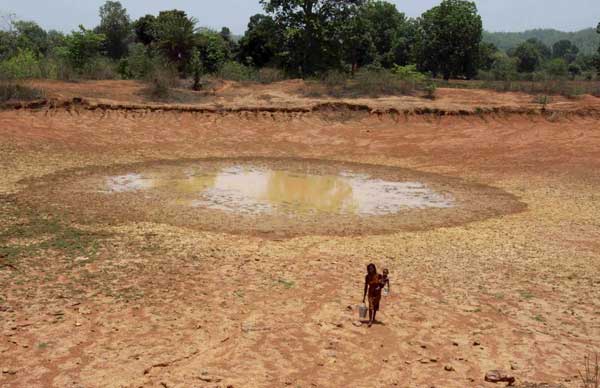07 May 2014 - {{hitsCtrl.values.hits}}
(1).jpg) It is easy to take a running tap for granted, but water scarcity is a serious problem in many parts of the world. It is believed that over one billion people worldwide do not have access to clean and safe drinking water, according to a water project (http://thewater project.org/water _scarcity) and an organisation seeking to remedy this issue.
It is easy to take a running tap for granted, but water scarcity is a serious problem in many parts of the world. It is believed that over one billion people worldwide do not have access to clean and safe drinking water, according to a water project (http://thewater project.org/water _scarcity) and an organisation seeking to remedy this issue.
25 Nov 2024 2 hours ago
25 Nov 2024 3 hours ago
25 Nov 2024 3 hours ago
25 Nov 2024 5 hours ago
25 Nov 2024 5 hours ago